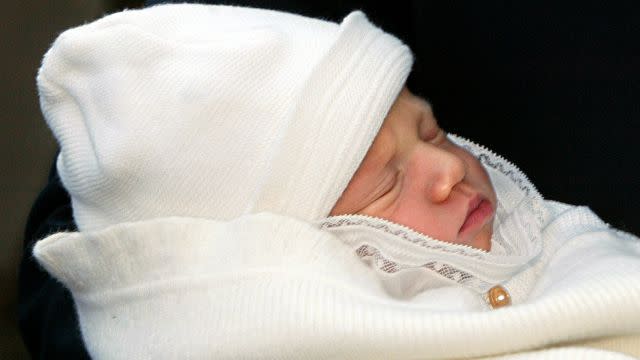Researchers say sleep training is not emotionally damaging, and can actually reduce stress for your baby

As Akshat Rathi, Quartz’s resident scientist, and I reported that sleep training does no harm. And, if you believe that everyone getting more sleep, and having some predictability in life is beneficial, it does more than no harm: it can be life-changing.
A new study from Australia confirms this, showing that sleep training babies helps them get to sleep faster and wake up less, without stressing them out.
Sleep training is controversial. Babies wake up a lot, and eventually—at about six months—some parents choose to try to train them to sooth themselves back to sleep. Like everything in parenting, there are many approaches. You can let the kid cry-it-out (otherwise known as “extinction”), or you can forgo sleep training the kid and respond to its every cry. Between those two extremes are methods which researchers are increasingly testing in well-designed, randomized controlled trials.
The latest study, published in Pediatrics, looked at 43 infants ages six to 16 months. The babies were all healthy, but struggled with getting to, or staying asleep.
The kids were broken into three groups: group one used graduated extinction, or letting the baby cry for increasing intervals, and the second group used bedtime fading, where the baby’s bedtime is pushed back 15 minutes a night. The third group was a control, with the parents receiving information from a statewide child health service about the importance of sleep.
Infants in both the sleep-training groups fell asleep faster after the interventions. And the ones who were left to cry for short periods, graduated extinction, woke up fewer times in the night.
Compared to the control group, infants in the sleep training groups had lower stress levels, as did their mothers. (In the study, mothers were the ones doing the sleep training.) There was no effect on mothers’ moods.
At a 12-month follow-up, the babies had no emotional or behavioral problems, and their attachment levels were the same as the control group:
Both graduated extinction and bedtime fading provide significant sleep benefits above control, yet convey no adverse stress responses or long-term effects on parent-child attachment or child emotions and behavior.
In other words, if you want to sleep train your kid, you should. Don’t worry about people who say it will harm your relationship with your baby or damage her for life.

Sign up for the Quartz Daily Brief, our free daily newsletter with the world’s most important and interesting news.
More stories from Quartz:

 Yahoo Finance
Yahoo Finance 